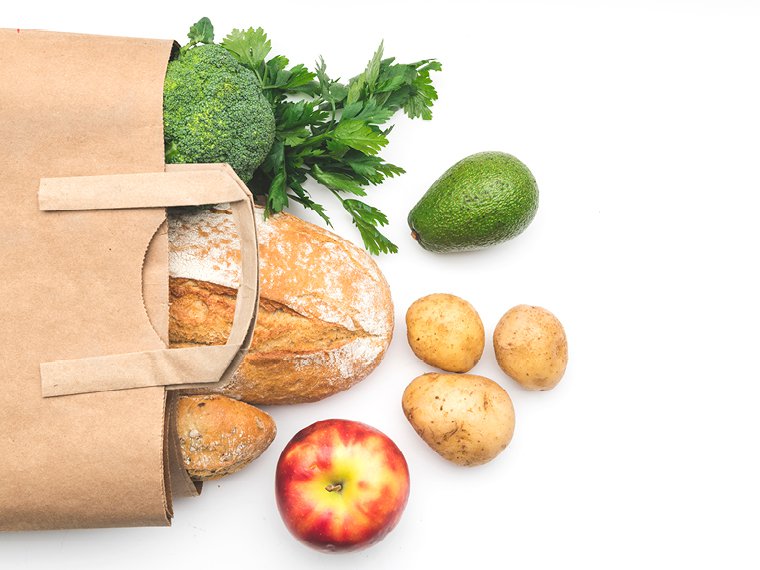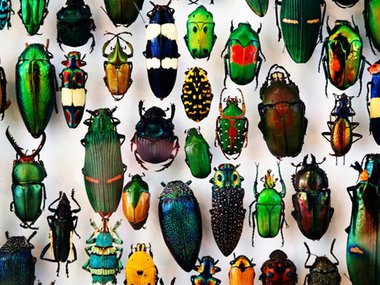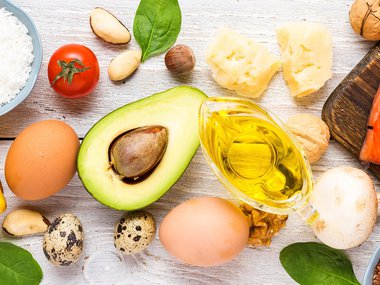Question Your World: Why Are Virginia Scientists Planting African Crops?
Until some huge change happens, we need to eat to live. Humanity’s quest for food has shaped where we live, how we work together, and has impacted society, science, technology, you name it. The world has a diverse history of foods that grow in many different environments. Humans have transplanted crops all over the globe and have ushered in the era of modern agriculture, but what happens when the environment for specific crops changes? No better way to dig into this than by asking today’s big question: Why are Virginia scientists planting African crops?
Crops like the African Potato, Egusi melon, Marama Bean, and others in the study, all originate and grow in dry and barren African regions. They require far less water and can simultaneously sustain human nourishment needs as well. Enough talking, let’s get to the goods!
Judging from Instagram and the ever-growing foodie culture everywhere, it’s easy to see that food is a vital part of the human experience. Scientists are always interested in studying food because it’s that important. Recently scientists from Virginia State University began growing seeds from Western Africa to better understand their growing process and to potentially use these hardy options as a crop for us here in the United States. The objective here is see how they grow to further help regions of Africa already struggling with a warming and drying climate. A second benefit here is to introduce these nutrient rich crops to our farmers and eventually to consumers in the marketplace.

Image credit: Getty Images
- Egusi Melon: rich in fat and protein, grows while surviving 100-degree heat and just 2 inches of rain per year! Their seeds could even replace milk in the human diet!
- African potato: A member of the mint family, this potato contains the recommended amount of daily protein intake!
- Marama Bean: Called the “Green Gold of Africa” because people can survive entirely on this one item. It’s packed with protein and nutrients and tastes delicious!
- African Eggplant: Grows in very hot and dry conditions, but also has a very long shelf life and can be preserved by drying.
- African Rice: Less than 30 inches of a rain per year is needed to grow this resilient grain.
Remarkably, these crops have never been grown in the US before. These Virginia scientists are not only trying to better understand the growing process of these crops, but they are also researching viable options for us here in the United States, especially in regions experiencing agricultural woes due to the changing climate. While it may get too hot to grow some things comfortably, these African crops could make for great ways to continue to feed and nourish future generations.
Farmers around the globe are expressing their concerns about the changing climate and what it means to our current way of doing things. A change in the environment could be larger than what our technology can handle. Resiliency measures and new agricultural practices will all be a part of the future. Above all, we will need more knowledge and this project is a step in that direction.
As the climate continues to change, scientists are becoming more concerned with the many variables our crops and farms will face. These nutrient rich options, which don’t require as many resources to grow, could revolutionize how we eat and provide us with vital nourishment in the event our current agricultural landscape experiences climate-related crop failures. Our farms, our future, and our science … definitely good food for thought.


